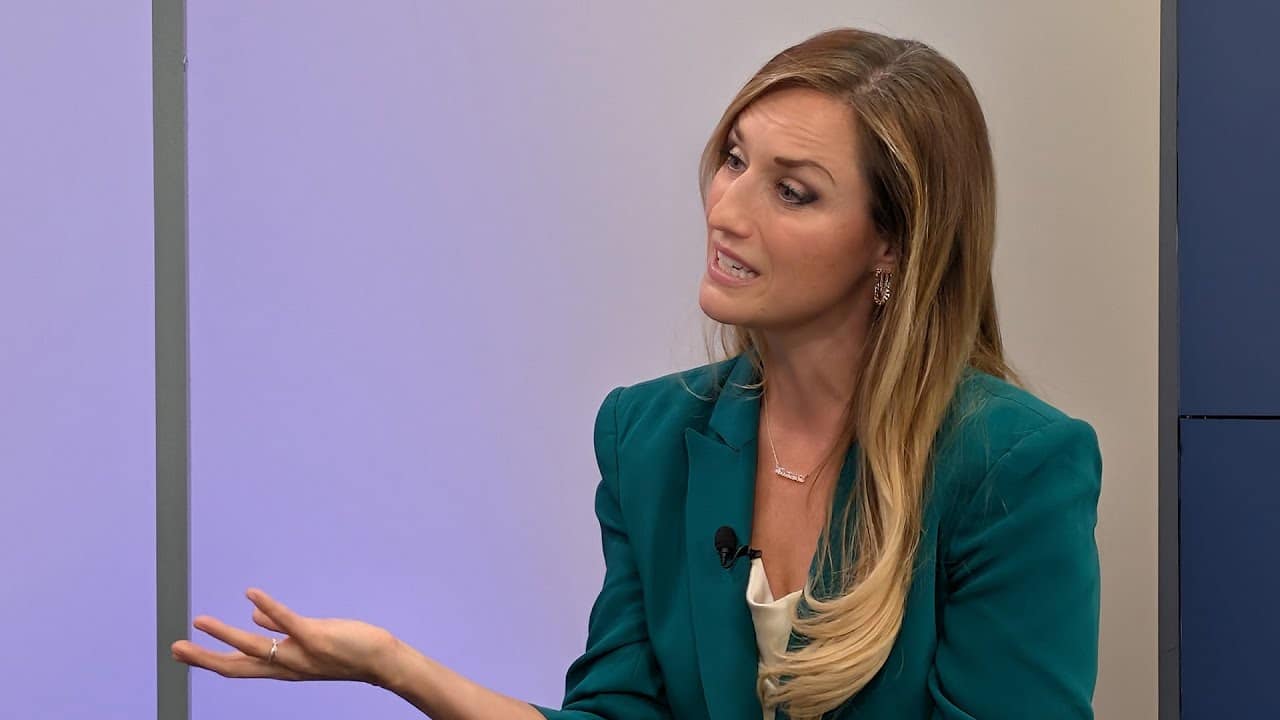The official end of the COVID-19 public health emergency does not mean employers can automatically terminate reasonable accommodations that were provided due to pandemic-related circumstances, the U.S. Equal Employment Opportunity Commission (EEOC) says.
However, employers may evaluate those COVID-related accommodations, and in consultation with the employee, assess whether there continues to be a need based on individualized circumstances, the EEOC said in a guidance document issued May 15.
The EEOC noted that employees suffering from long COVID (symptoms that last weeks, months or years after the initial infection and can result in disability) may still require reasonable accommodation in the workplace.
Examples of possible accommodations for long COVID sufferers include a quiet workspace, use of noise canceling devices, and uninterrupted worktime to address brain fog; alternative lighting and reducing glare to address headaches; rest breaks to address joint pain or shortness of breath; a flexible schedule or telework to address fatigue; and removal of “marginal functions” that involve physical exertion to address shortness of breath.
Many of these are low or no-cost accommodations, the EEOC pointed out.
For employers, the guidance document update also includes tips about remaining alert for COVID-related harassment of applicants or employees who have a disability-related need to continue wearing a face mask or take other COVID-19 precautions at work.
The guidance reaffirms that employers may continue asking employees who are physically entering the workplace if they have COVID-19 and those who are calling out sick if they have COVID or COVID-related symptoms. Employers may also continue asking employees if they have had contact with someone who has COVID or COVID symptoms but may not specifically inquire about the health of an employee’s family members.
Job applicants may be screened for COVID after an offer of employment has been made, unless the application process requires them to enter the workplace before they are hired, and it is the employer’s practice to screen everyone entering the workplace for COVID-19.
In short, the federal Public Health Emergency declaration expired on May 11, 2023, but workplace anti-discrimination laws are unaffected, the EEOC emphasized. Employers remain obligated to prevent unlawful harassment and discrimination against employees and must continue to protect the confidentiality of their medical information.
Go here to read the latest update to the “What You Should Know About COVID-19 and the ADA, the Rehabilitation Act, and Other EEO Laws” guidance document. All EEOC documents related to COVID-19 can be found at www.eeoc.gov/coronavirus.




